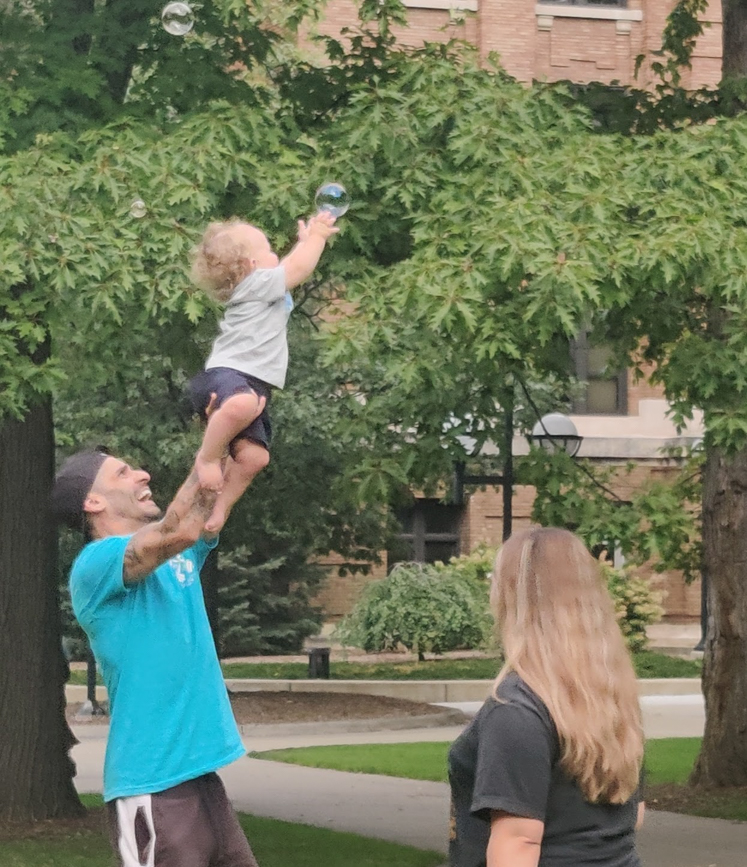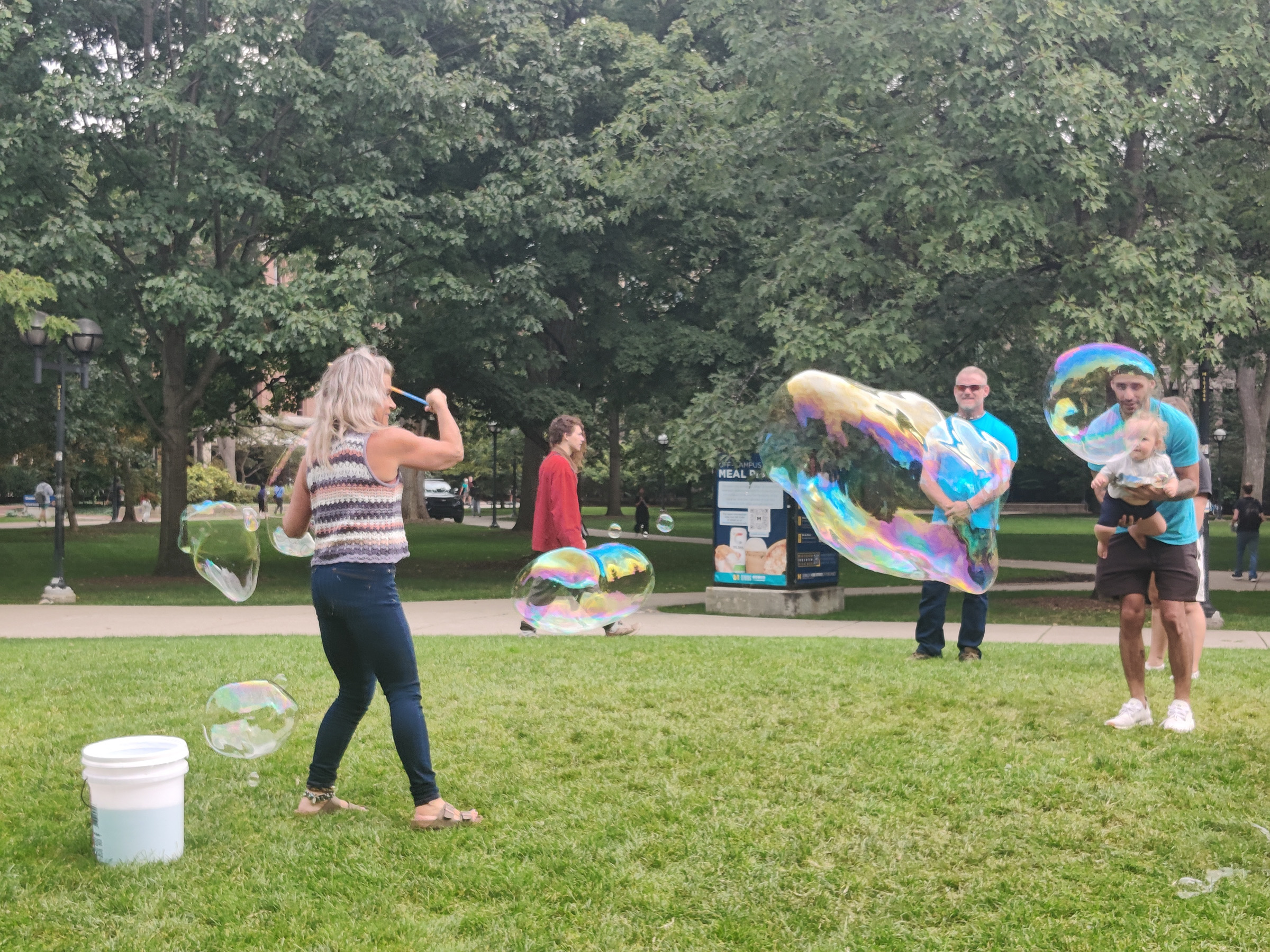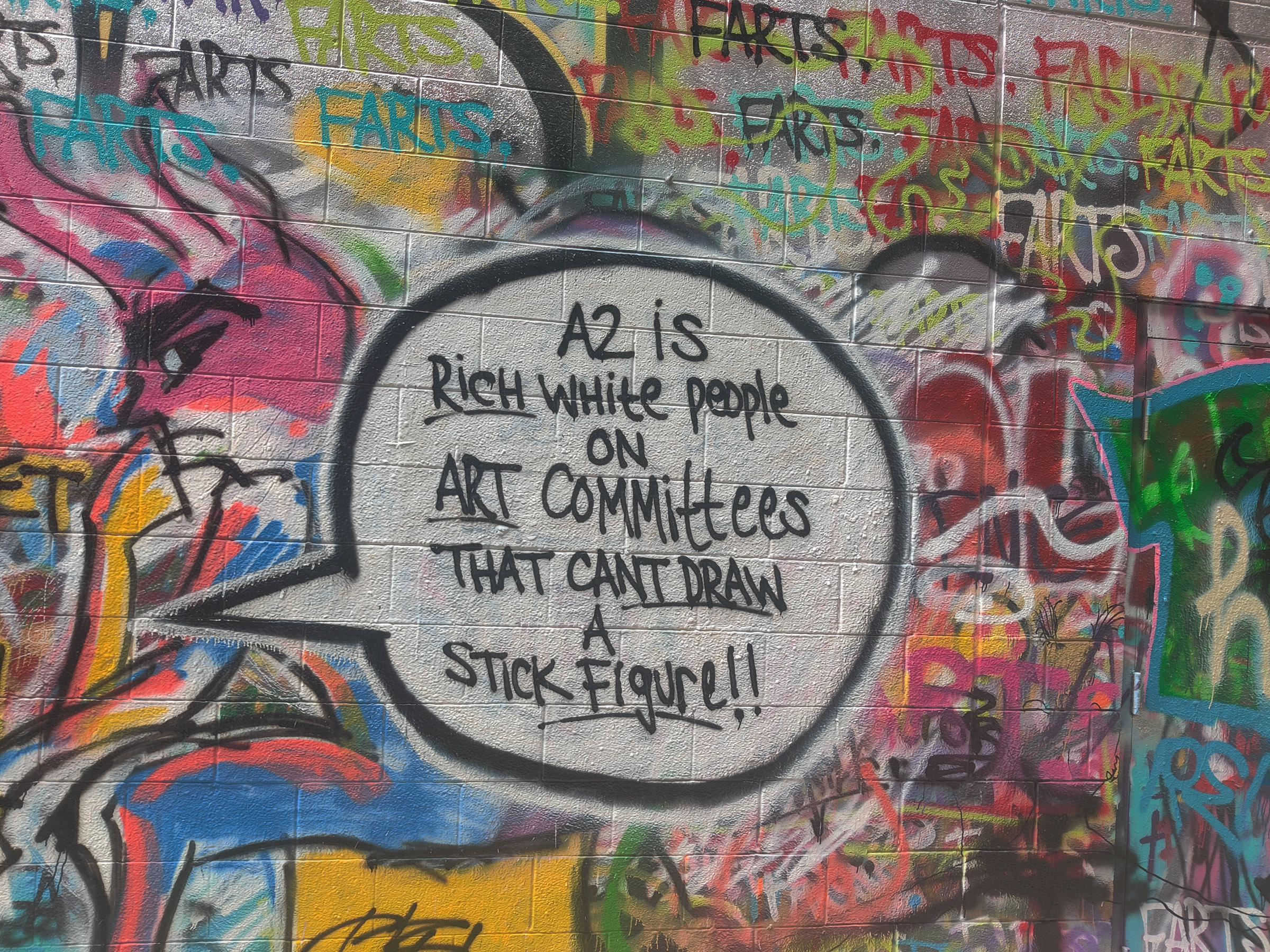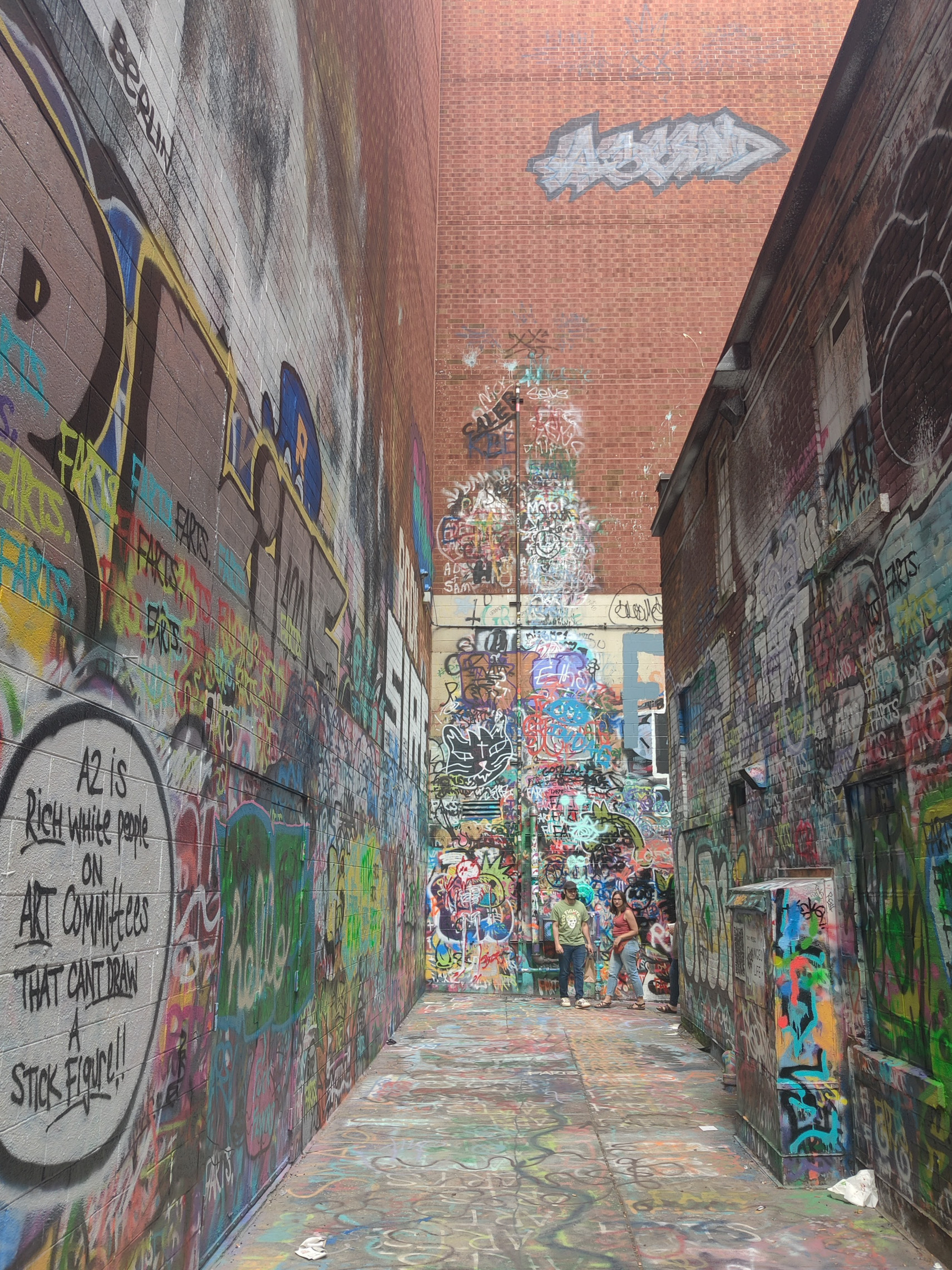What I love about my city is its perpetual stance toward the authorities. This is well illustrated by the marijuana laws in Ann Arbor.
It all began in 1969, when authorities arrested poet, musician, and activist (left-wing, of course) John Sinclair. He was arrested for two marijuana joints and given 10 years, although everyone understood the reason was his social activism: at festivals back then, everyone smoked weed.
Americans were somewhat stunned by this verdict and staged a mass movement in defense of Sinclair. Among other things, on December 10, 1971, a grand concert in defense of John Sinclair was held in Ann Arbor: John Sinclair Freedom Rally, which featured, among others, John Lennon. Three days after the concert, the Michigan Supreme Court ruled the state's marijuana laws unconstitutional, and Sinclair was released.
An interesting consequence of this ruling was that for three weeks, Michigan had no marijuana legislation. Eventually, the laws were passed, and marijuana smoking became a felony again in the state, effective April 2, 1972.
Ann Arbor responded to this in a unique way: the city council passed a law making marijuana smoking within city limits a misdemeanor and punishable by a $55 fine (it was initially lower, then raised due to inflation). They also held a festival on April 1st, the last day of free weed smoking. Hash-Bash.
The festival was a hit, and starting in 1973, it became an annual event. The festival featured talk of legalization, music, and all manner of fun, including pot. The twist was that it was held on the campus of the University of Michigan. The university, along with the entire property it occupies, is state-owned, and city laws don't apply. So, smoking pot on campus was a crime, and anyone could be grabbed and hauled into a police van.
However, no one was grabbed: I went to a couple of festivals before legalization - the cops walked around and diligently looked away when they saw joints.
Incidentally, I don't advocate smoking marijuana; I've never smoked it myself and don't plan to. However, I believe that adults should decide for themselves what, how, and in what quantities to consume.
In 2019, Michigan finally legalized marijuana use, but that didn't hurt the festival; in fact, it attracted even more people.
However, Ann Arbor residents faced a problem: the city's uniqueness had vanished, and something urgently needed to be done. A solution was found: on September 21, 2020, an ordinance was passed making the consumption, cultivation, and distribution of natural psychedelics (primarily mushrooms) "the lowest priority for Ann Arbor law enforcement." In practice, this means city police have no authority to make arrests or file charges for this activity.
And, naturally, following the well-worn path, a new festival was organized—the Psychedelic Plant and Mushroom Festival. That's where I attended today.





On my way home, I stopped by Graffitite Alley, a fairly well-known spot in Ann Arbor. I don't know what the artists were using, but it seemed like a natural fit for today's festival.

